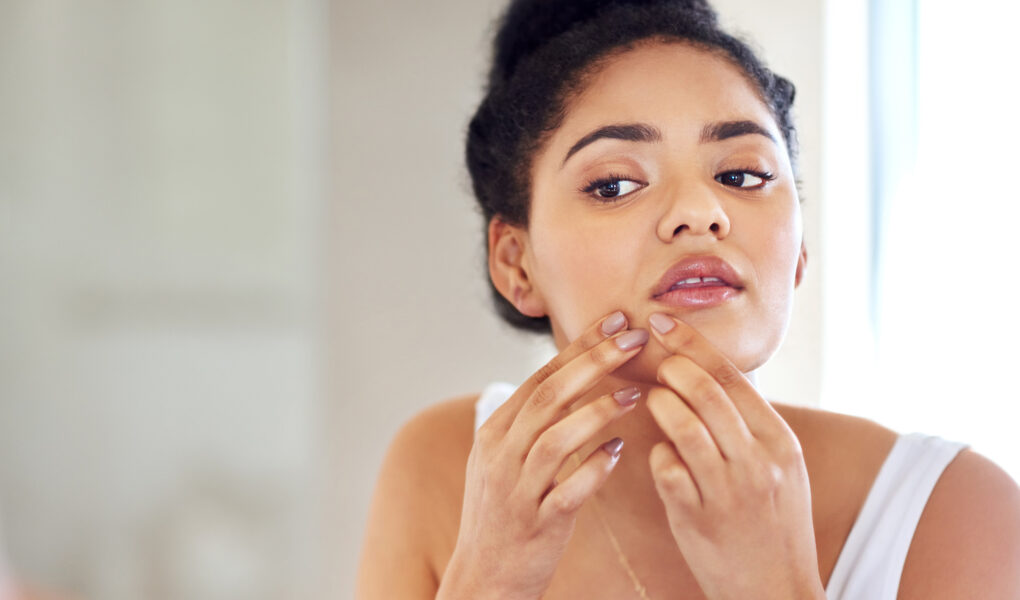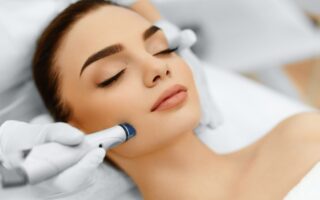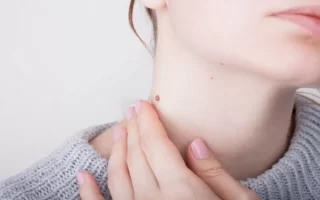During times of stress, your stress hormones increase and this stimulates your oil glands to produce more oil than usual. Your body reacts to these changes and you may experience stress-related breakouts as a result. Although stress-induced acne is more common with people who already have a history of acne, it can still occur at any age or time regardless of your past experience. It is crucial to remember that stress acne can be treated one step at a time. Today, we will explore a list of the most effective techniques and discuss their effect on treating stress-related breakouts.
Table of Contents
Incorporate Stress-Relieving Techniques
The first step to managing stress-induced breakouts involves acknowledging that your acne is stress-related. Feelings of stress can have various effects depending on your individual circumstances. For some people, an increased amount of stress can lead to changing their normal skin routine. For others, this may mean touching their skin more often, which could exacerbate existing conditions. Consequently, stress-related acne can manifest in a variety of forms. However, it is recommended to incorporate stress-relieving techniques into your daily life, as this will help you minimise the effects of different stressors. Treating the cause of stress-related breakouts will be a key factor in achieving successful treatment and recovery.
Consult An Acne Dermatologist
Consulting an experienced acne dermatologist can help you choose the right acne treatment programme for you. For example, you can arrange a consultation with the dermatology experts at one of the Stratum Dermatology Clinics. They specialise in treating all types of acne as well as acne scarring, which can affect both children and adults. You will receive professional support and advice on choosing one of their comprehensive acne treatments and regaining confidence. A dermatology consultant will discuss all treatment options with you and develop a staged acne treatment plan, tailored to your individual needs.
Choose An Effective Treatment
There are different products that can help you manage stress-related acne. Firstly, it is advisable to select a gentle cleanser that contains salicylic acid. This ingredient will help you unclog your pores and remove excess oil and dead skin cells. Moreover, finding a product with benzoyl peroxide can reduce the number of acne-inducing bacteria and lower the levels of inflammation. Remember to apply lightweight lotions instead of thick creams or oils, which can delay the healing process. As treatments will vary significantly among different people, it is essential to conduct proper research and seek help from a health care provider for optimum results.
Consider Your Diet Plan
Since stress-induced acne is closely related to inflammation, it is recommended to examine your eating patterns more carefully. In general, it can help to avoid milk, refined sugars, and simple carbohydrates, as they are known to worsen your body’s inflammatory reactions. Nevertheless, there are plenty of skin-friendly food choices that can promote healing. Make sure you incorporate whole grains, legumes as well as a variety of fruits and vegetables. Everyone’s body is unique, and some people may experience acne after consuming certain foods. Therefore, you will need to experiment and determine what works best for you under your doctor’s supervision.




